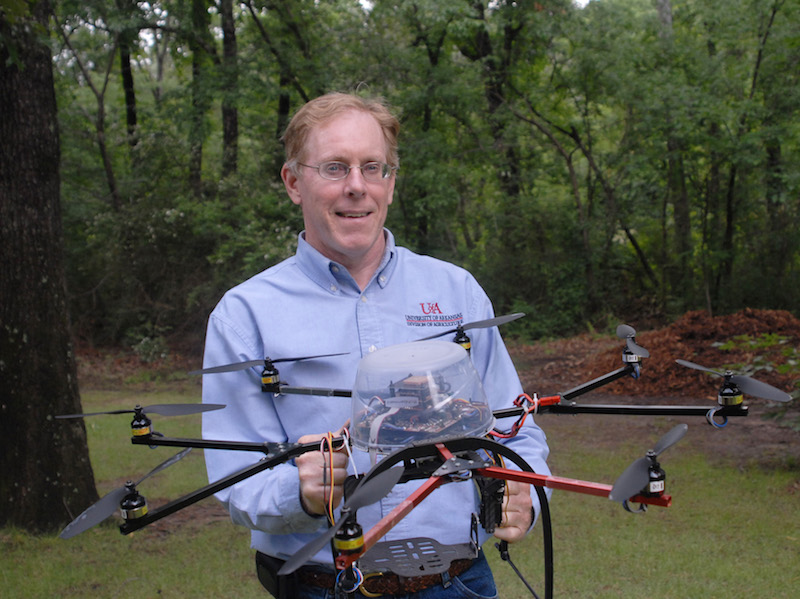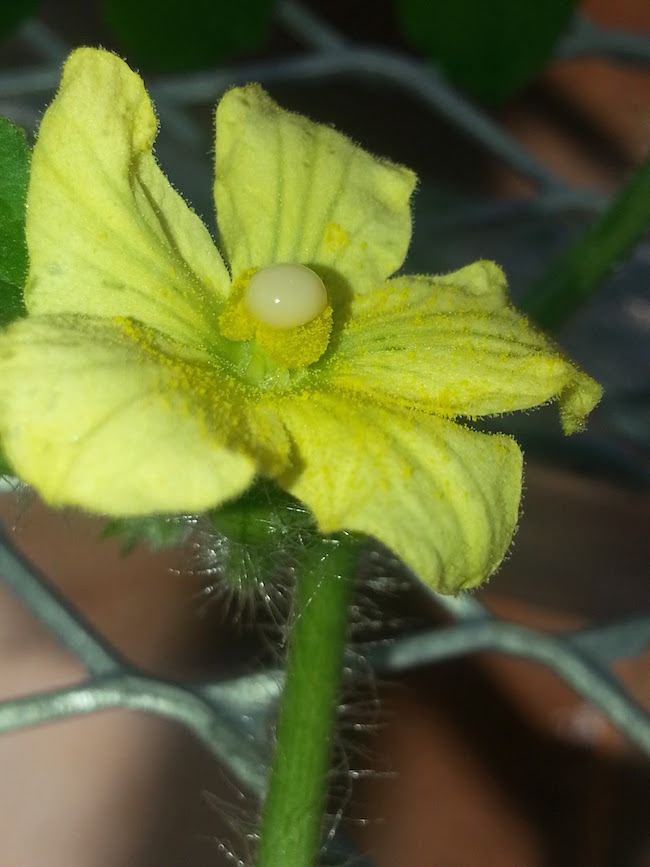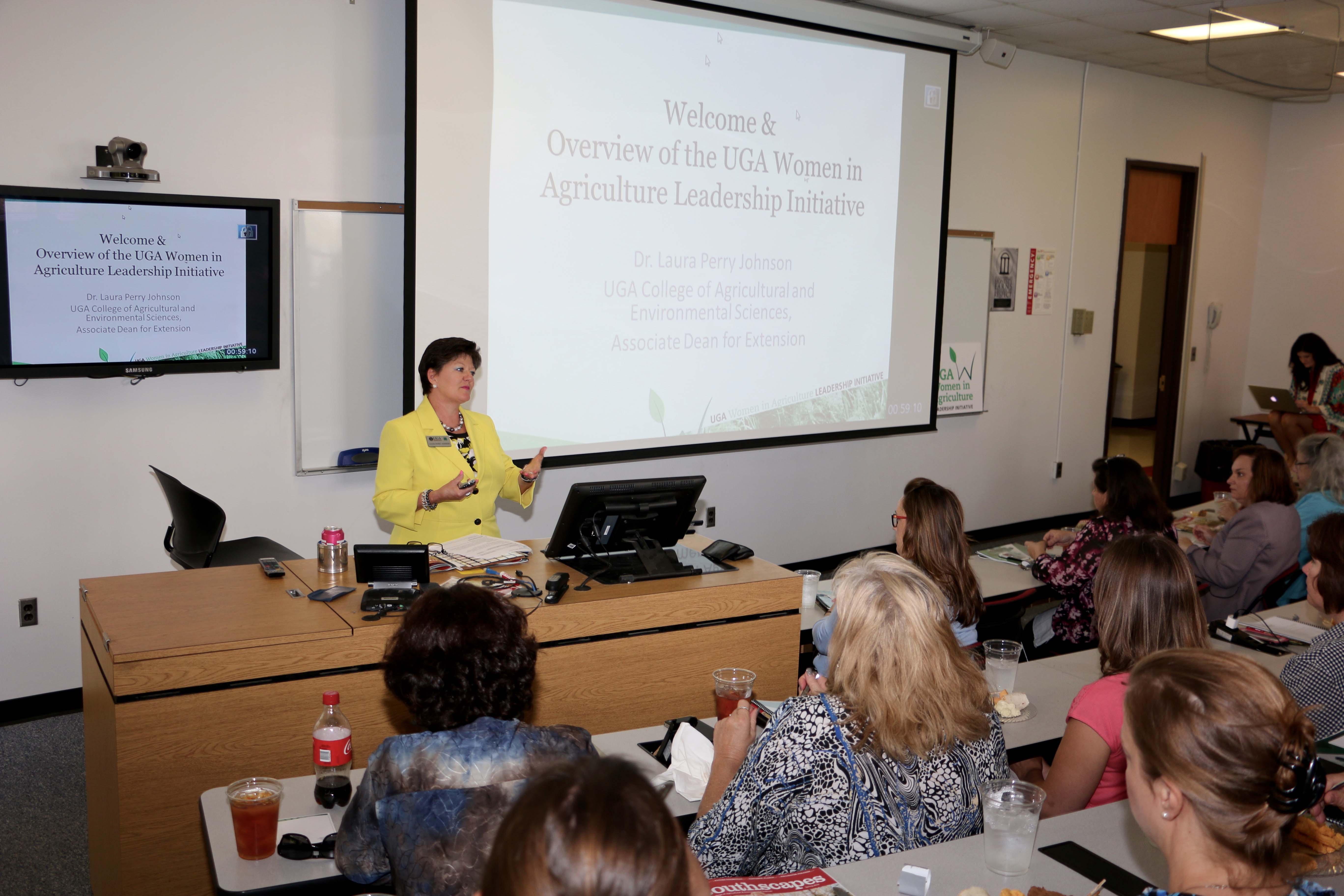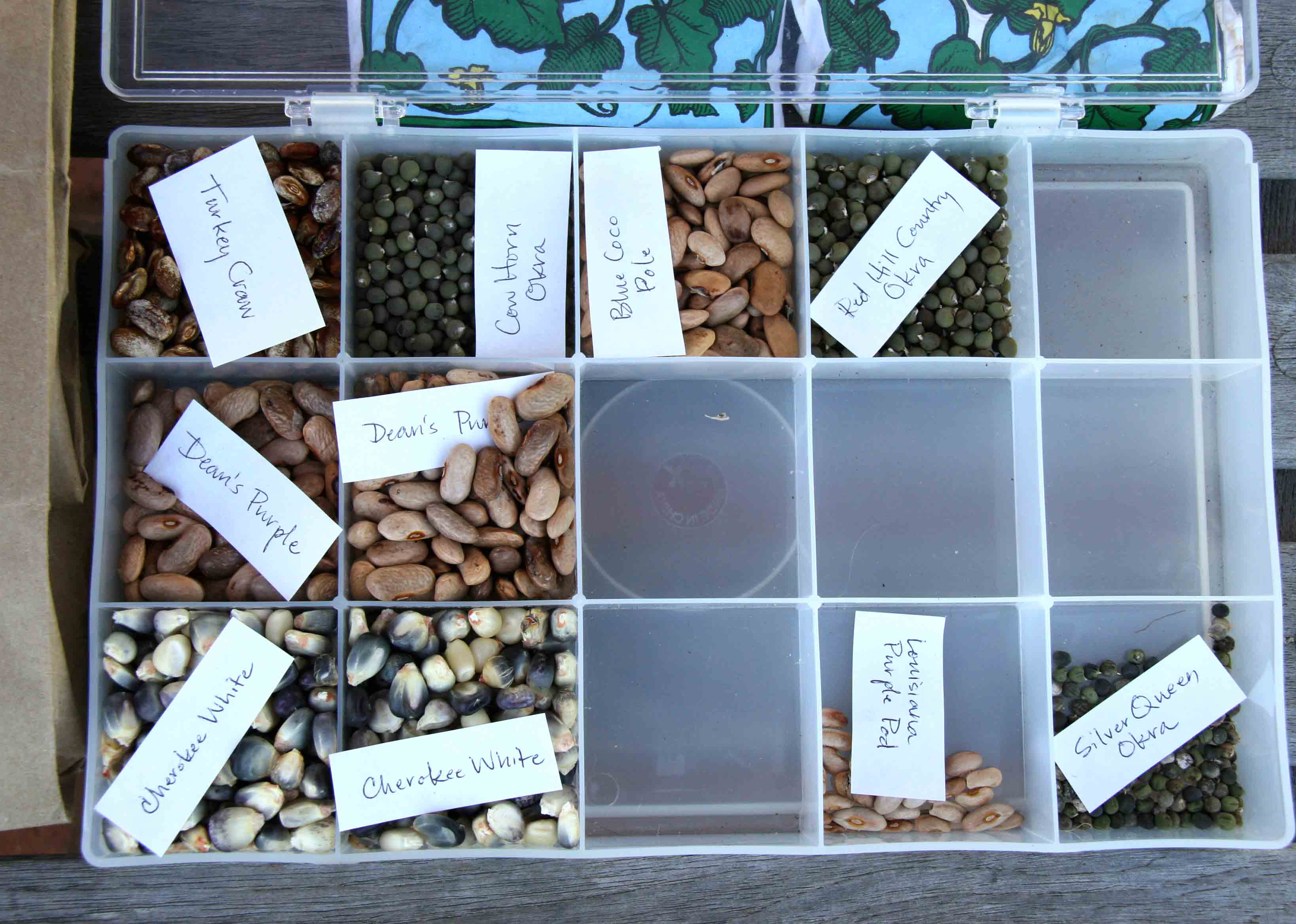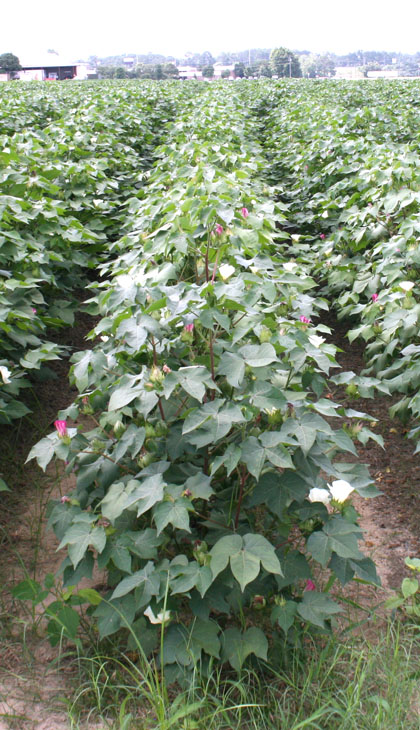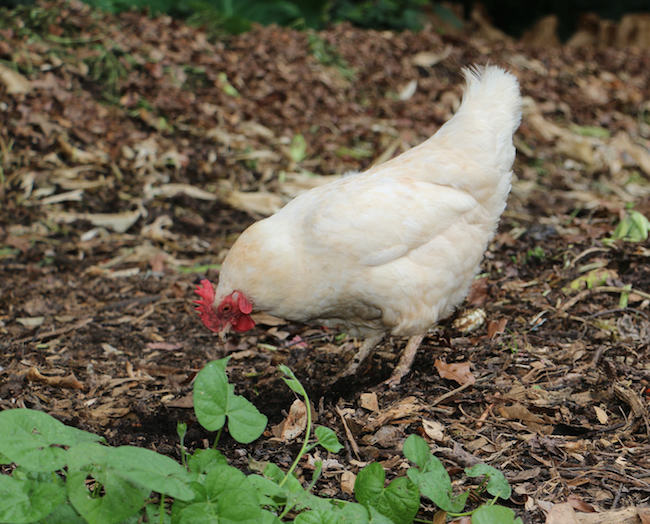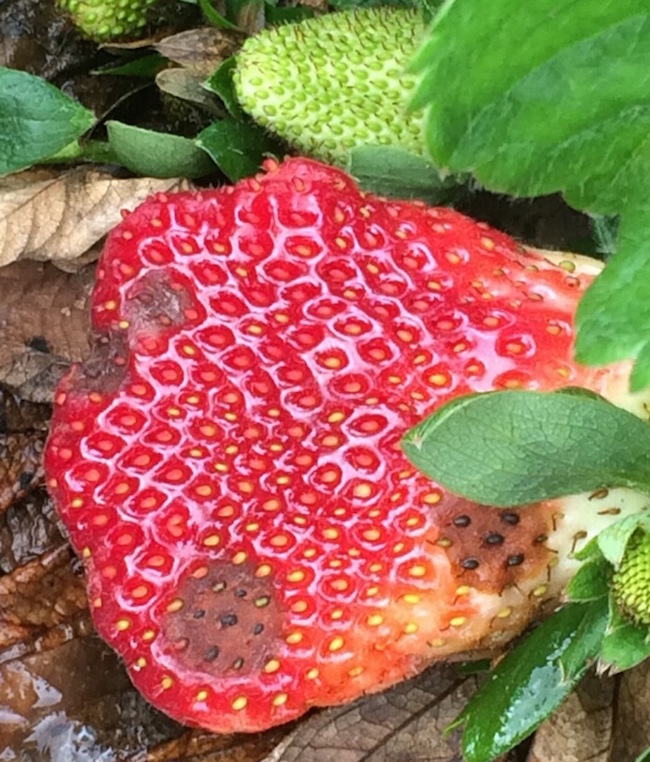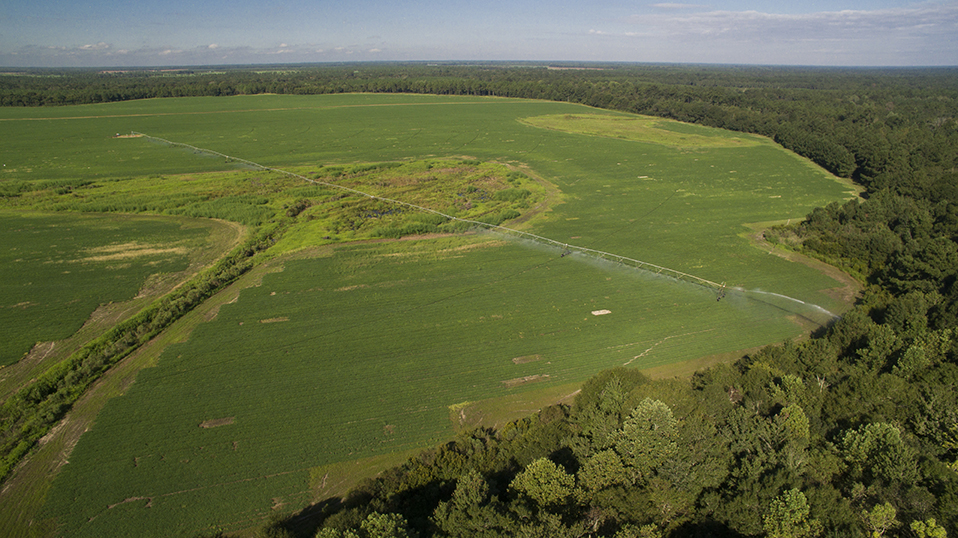 CAES News
CAES News
UGA researching unique irrigation strategy to optimize water use on peanut farms
The combination of soil moisture sensors and variable rate irrigation (VRI) may help some Georgia farmers increase their yields while decreasing their water usage, according to an ongoing study by University of Georgia precision agriculture specialist George Vellidis and irrigation specialist Wes Porter.

